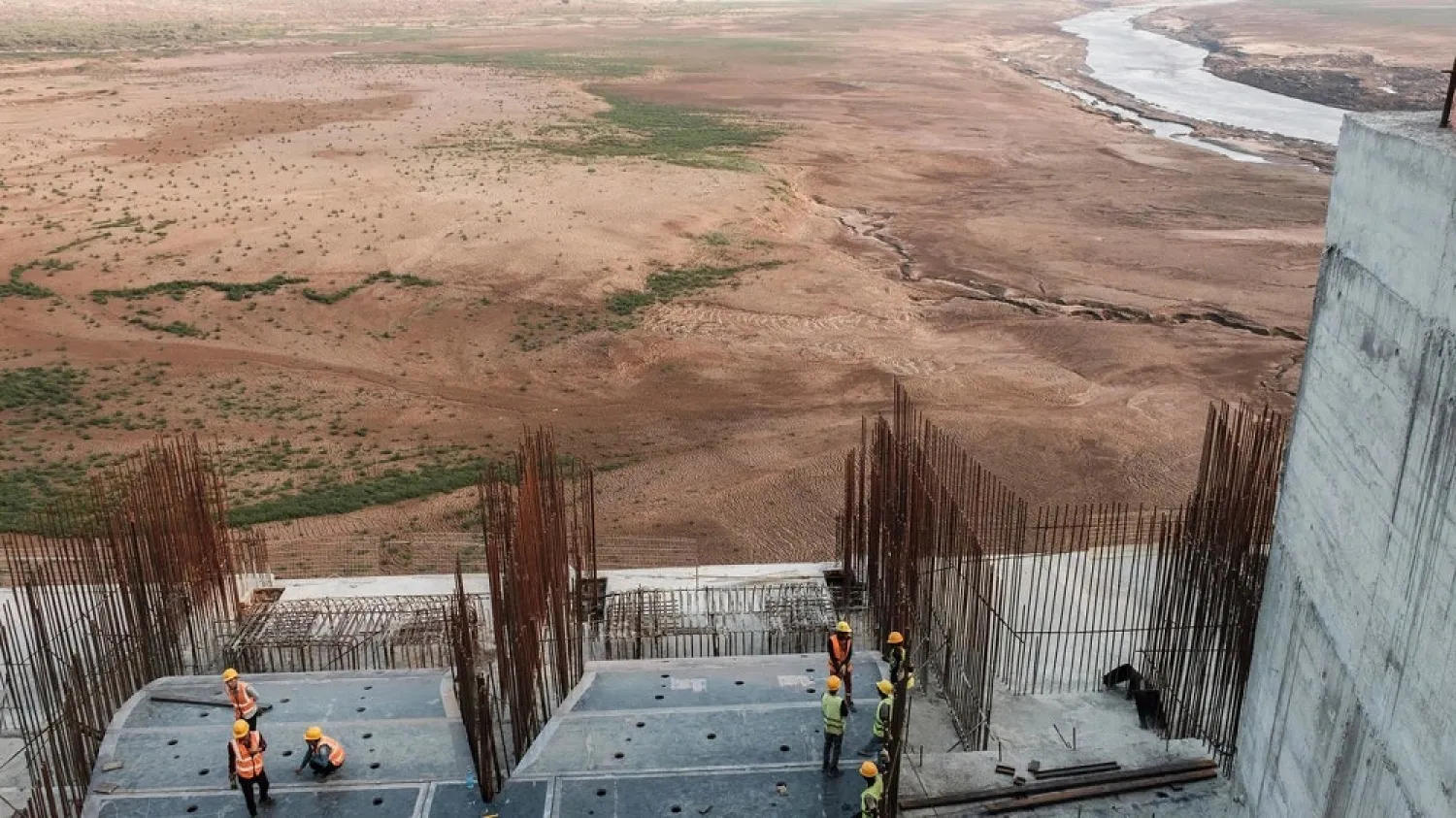New satellite imagery shows the reservoir behind Ethiopia’s disputed hydroelectric dam beginning to fill, but an analyst says it’s likely due to seasonal rains instead of government action.
The images emerge as Ethiopia, Egypt and Sudan say the latest talks on the contentious project ended Monday with no agreement. Ethiopia has said it would begin filling the reservoir of the $4.6 billion Grand Ethiopian Renaissance Dam this month even without a deal, which would further escalate tensions.
But the swelling reservoir, captured in imagery on July 9 by the European Space Agency’s Sentinel-1 satellite, is likely a “natural backing-up of water behind the dam” during this rainy season, International Crisis Group analyst William Davison told The Associated Press on Tuesday.
“So far, to my understanding, there has been no official announcement from Ethiopia that all of the pieces of construction that are needed to be completed to close off all of the outlets and to begin impoundment of water into the reservoir” have occurred, Davison said.
But Ethiopia is on schedule for impoundment to begin in mid-July, he added, when the rainy season floods the Blue Nile.
Ethiopian officials did not immediately comment Tuesday on the images.
The latest setback in the three-country talks shrinks hopes that an agreement will be reached before Ethiopia begins filling the reservoir.
Ethiopia says the colossal dam offers a critical opportunity to pull millions of its nearly 110 million citizens out of poverty and become a major power exporter. Downstream Egypt, which depends on the Nile to supply its farmers and booming population of 100 million with fresh water, asserts that the dam poses an existential threat.
Years of talks with a variety of mediators, including the Trump administration, have failed to produce a solution. Last week’s round, mediated by the African Union and observed by US and European officials, proved no different.
Experts fear that filling the dam without a deal could push the countries to the brink of military conflict.
“Although there were progresses, no breakthrough deal is made,” Seleshi Bekele, Ethiopia’s minister of water, irrigation and energy, tweeted overnight.
“All of the efforts exerted to reach a solution didn’t come to any kind of result,” Egyptian Foreign Minister Sameh Shukry said Monday in an interview with Egypt’s DMC TV channel.
Shukry warned that Egypt may be compelled to appeal again to the UN Security Council to intervene in the dispute, a prospect Ethiopia rejects, preferring regional bodies like the African Union to mediate.
Meanwhile the countries agreed they would send their reports to the AU and reconvene in a week to determine next steps.
Between Egypt and Ethiopia lies Sudan, which stands to benefit from the dam through access to cheap electricity and reduced flooding. But it has also raised fears over the dam’s operation, which could endanger its own smaller dams, depending on the amount of water discharged daily downstream.
In a press conference on Monday, Sudanese Irrigation Minister Yasser Abbas said the parties were “keen to find a solution” but technical and legal disagreements persist over its filling and operation.
Most important, he said, are the questions about how much water Ethiopia will release downstream if a multi-year drought occurs and how the countries will resolve any future disputes.
Hisham Kahin, a member of Sudan’s legal committee in the dam negotiations, said 70% to 80% of negotiations turned on the question of whether an agreement would be legally binding.









